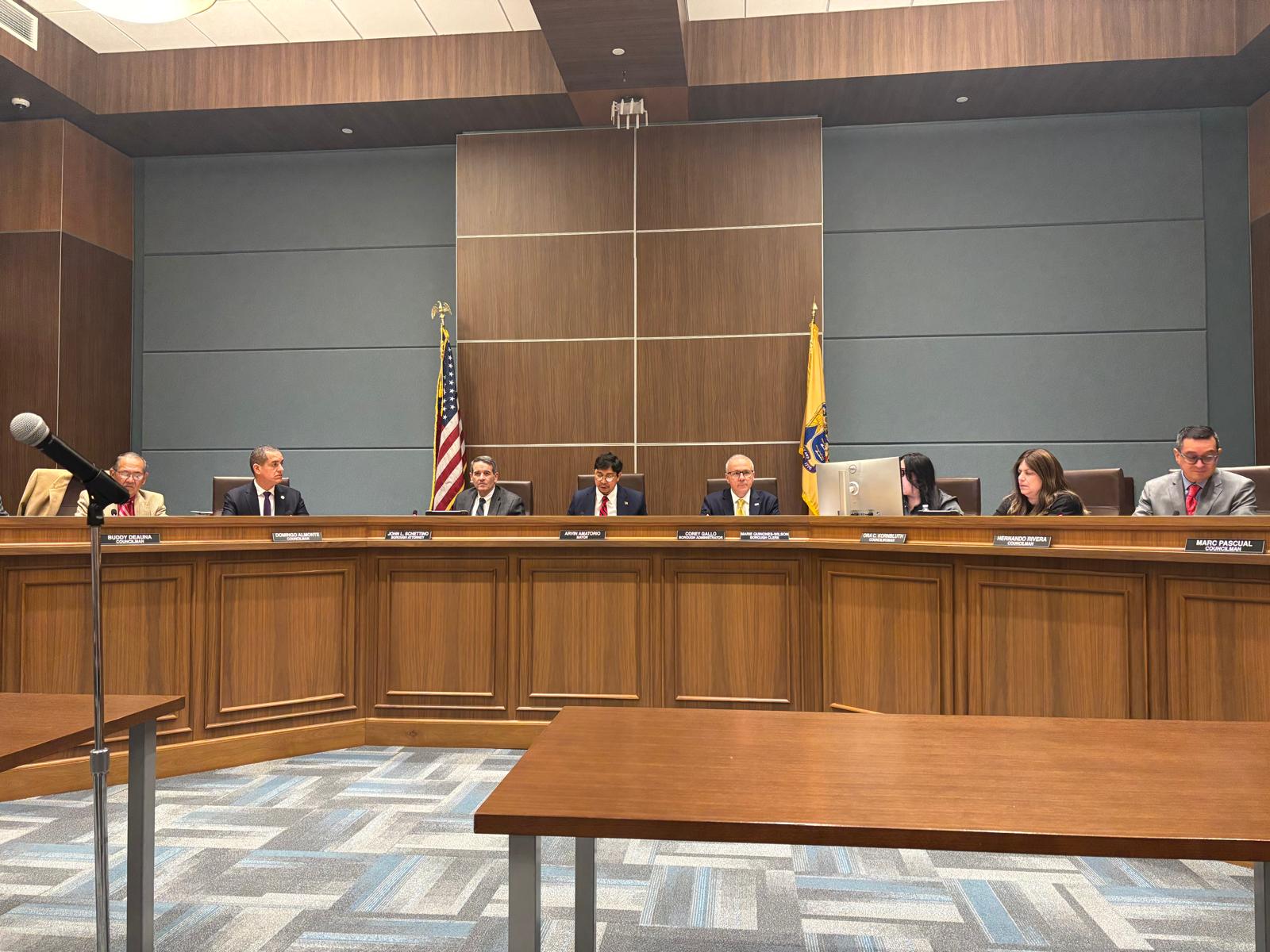She was a referral from the nurse just as I was ready to leave my office for the day. The nurse said she was difficult, angry and very uncooperative—and, no, the visit could not wait until the next day.
She was lying in a very dimly lit room devoid of any pictures, balloons or flowers. The NG tube, IV lines and other tubes were clearly making her feel uncomfortable. She looked a lot older than 74.
After brief introductions, she tells me of her cancer diagnosis and its rapid progression. She tells me of her loneliness, having only one relative with whom she communicates and having not one friend or close neighbor. She tells me how she grew up in a Conservative Jewish home with parents who were Holocaust survivors. She, however, questions God all the time and is not interested in a relationship. With the pandemic, she has felt even more isolated than before. She has no hobbies or interests. It’s hard for her to recall the last time she had a “good day.” Her life feels meaningless. She says she has nothing to live for and is ready to die.
She questions me and my Jewish beliefs a bit, almost in an antagonistic, but yet interested, manner. And after a long visit, she thanks me as being the only one to take the time to listen to her and wants me to come back the following day. I communicate some of the information to the nurse, helping her understand where the source of some of the bitterness might be stemming from.
The next day is the first day of Chanukah. I return to the dim room. I have the most simple but beautiful Chanukah packages prepared from a local girls eighth grade yeshiva class to give out to my patients. I give one to her. She is dumbfounded at how people she does not even know took the time to care and prepare the elegant packages. She is extremely touched.
Surprisingly enough, she tells me how she feels some disappointment that she can’t celebrate Chanukah this year by lighting a menorah. I explain to her that although the use of candles is against hospital regulation, I can provide her with an electric menorah. I locate a menorah for her from my office, quickly return to her room and place it directly in her line of vision. I plug it in, and immediately the very bright orange lights helped illuminate the very dim room.
“Here you go,” I said with a smile. “Now when you open your eyes you have something to look at.”
There was silence. She just stared at the menorah for a minute. She clutched the Chanukah package that was resting on her lap. This mostly unaffiliated, and seemingly hopeless, woman looked at me with tears in her eyes. “It’s more than that,” she said. “The menorah reminds me of the survival of the Jewish people.” She paused for several seconds and continued, “When I look at it, it reminds me that maybe I can survive too.”
For some people, a listening ear, a simple package from an eighth grade girls class and an electric menorah contain the greatest gift of all.
Debby Pfeiffer is a board-certified chaplain working at Morristown Medical Center through its affiliation with the Jewish Federation of Greater Metrowest, NJ. She resides in Bergenfield, NJ, with her husband and children. She can be reached at [email protected].













